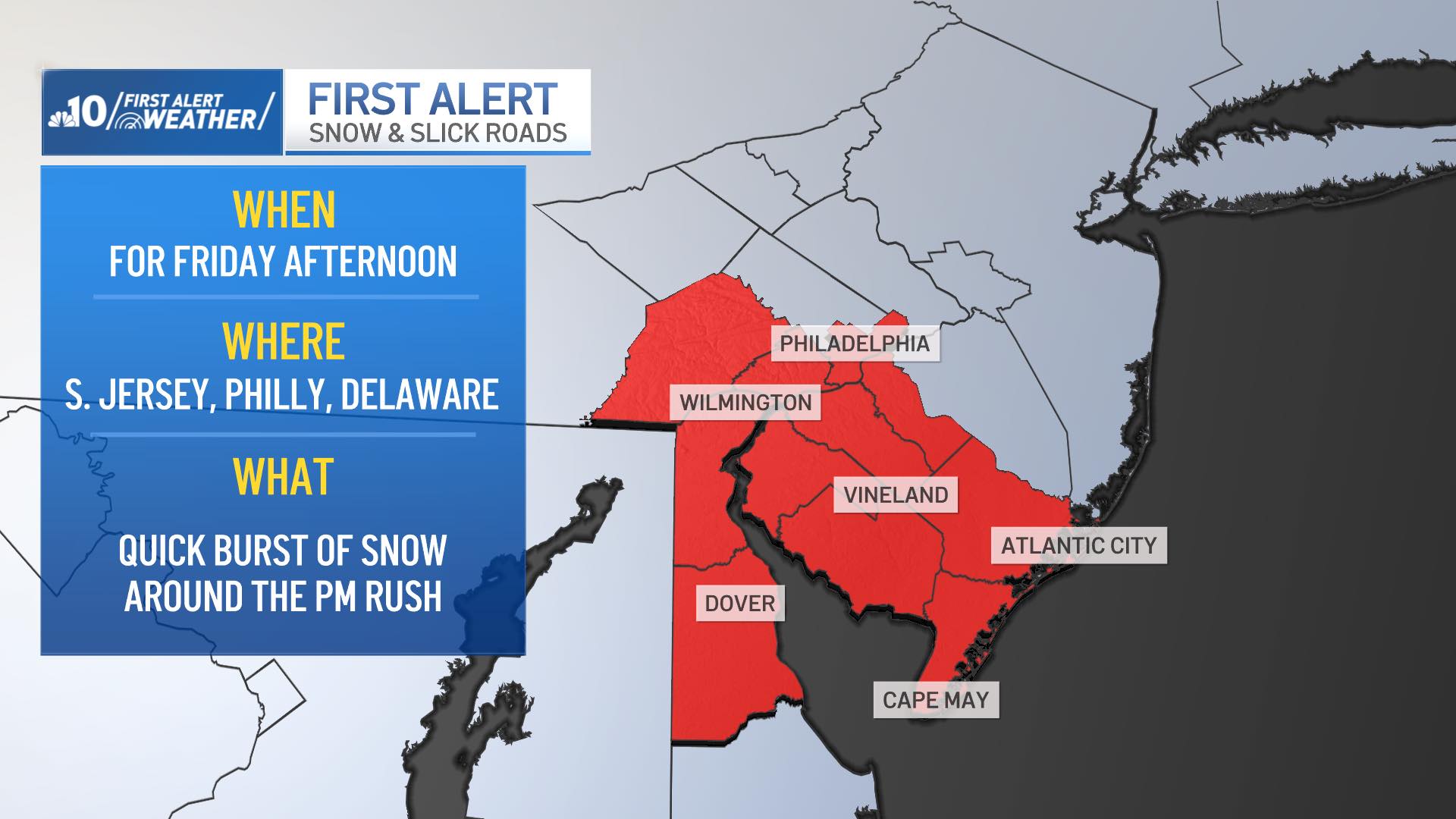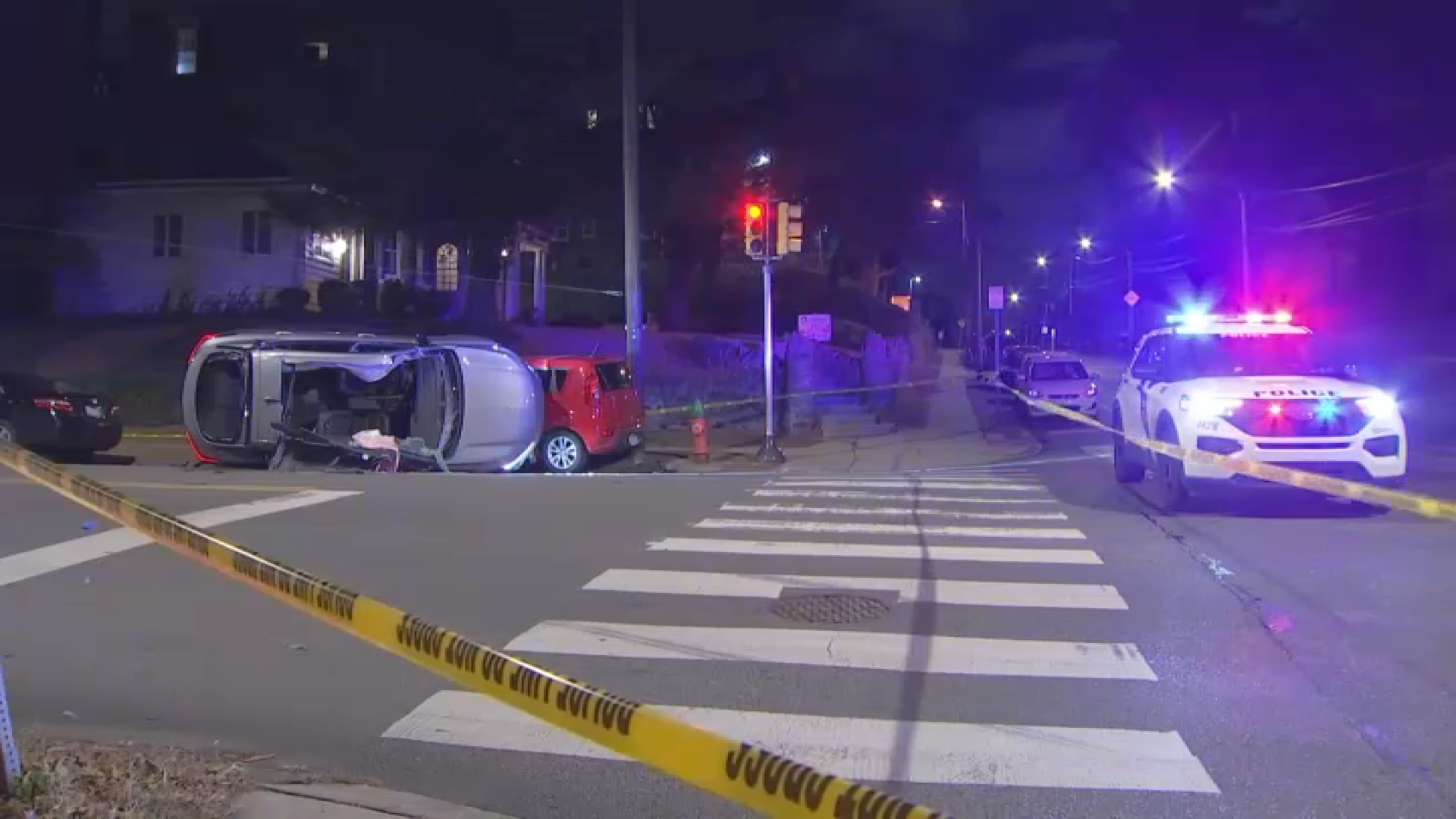A program in Camden County aims to address homelessness and panhandling by offering people a day of paid work for the county. It's called "Work Now" and pays participants $75 a day.
"To get those who want to be off the streets or in permanent housing, to help them," said Camden County Commissioner Melinda Kane. "You are getting paid minimum wage, a lunch, and all the services that come with it."
The county initially launched the program several years ago in response to issues with panhandling and housing.
After taking some time off during the pandemic, the program picked back up again last year. In that time, approximately 150 people have participated.
Get top local stories in Philly delivered to you every morning. >Sign up for NBC Philadelphia's News Headlines newsletter.
The county partners with Volunteers of America Delaware Valley for the program.
"We connect them to employment, we connect them to housing, we connect them to help them get their IDs," said Monique Rippey with Volunteers of America Delaware Valley. "Anything of that nature that has any type of underlying social services component to it, we connect them to those services."
The VOA runs the program five days a week, with about 13 participants a day. The work takes them all over. When NBC10 followed along, the participants spent hours cleaning up a park in Camden.
Local
Breaking news and the stories that matter to your neighborhood.
“Well, we keeping Camden clean," said Rafael Morales, a participant.
Morales said he has been unhoused and out of a job for the last year. Out of desperation, he began panhandling.
“It is embarrassing and it puts a lot of pressure and shame on me," said Morales. "And it is just stressful asking people for this money.”
But thanks to the program, he said he ends the day feeling proud instead.
“I feel good because I’ve earned it," said Morales.
The county said several past participants have gone on to gain full-time employment, thanks to the resources provided by the program.
"It has been a huge success," said Kane. "We've had participants who are now housed and are working."
Several of the participants in the program right now have job applications out for full-time gigs.
"At the end of the day, this is where we start," said Rippey. "This is the carrot and then from there we try to get them to a more stable situation."



